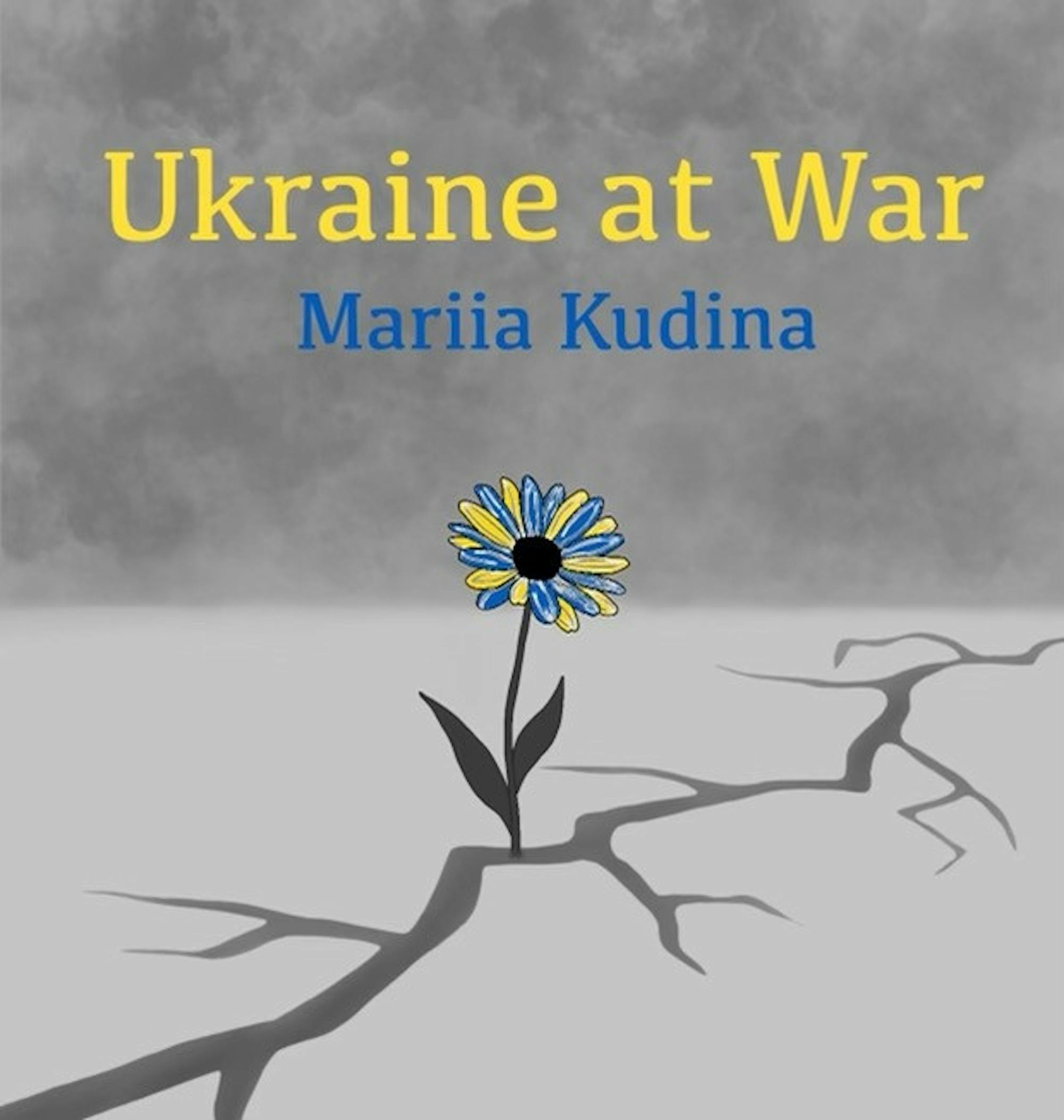The majority of people, including those whose countries are not affected by wars, are stressed before the holiday season. As everyone is wrapping up a year of work and a semester of studying, let’s explore how Ukrainians cope with psychological tension from the war ahead of the harsh winter. In the past few months, missiles from Russia demolished more than half of Ukrainian energy infrastructure.
Ukrainians, especially residents of the east and Crimea, which were invaded in 2014, have been dealing with the distress from the war for the past eight years. Since the full scale Russian invasion on Feb. 24, 2022, the nation has been learning to live with an acute stress of a different scope. Humanitarian assistance is sorely needed in nearly half of the country. That includes mental health support, explains SOS Children’s Villages International, a non-governmental organization that advocates for children rights.
The studies of a clinical psychology professor at Columbia University, George Bonanno, show that generally less than 10% of people who go through trauma develop post-traumatic stress disorder or experience long-term distress. Many, including myself,have temporary symptoms varying from nightmares to anxiety that disappear after some time. For the first couple of months of the war, I lived in a room with my mom and two younger brothers. Waking up at night, I could mistake Misha, sleeping peacefully under blankets, with a corpse in a body bag. I would watch my brother until he would loudly breathe in or turn to another side and only then go back to sleep. In early spring, the evidence of Russian crimes — for instance, photos of mass graves — was just beginning to appear in the press. After a while, my mind adjusted to such photographs, and my sleep became semi-normal.
However, not everyone is able to get back on their feet without help, as the speed and efficiency of recovery depends on the severity of trauma and individual psychological features. When an entire country is hurt by a military conflict, 10% might mean millions of people struggling to cope with PTSD from witnessing a murder of a family member, torture and rape; considering the circumstances, the percentage itself can be even higher than 10. International and Ukrainian initiatives like SOS, as well as therapists from all over the world, have been helping Ukrainians by providing free or discounted therapy sessions. The National Psychological Association of Ukraine has openeda psychological support hotline, which provides audio and video calls with specialists and works at no cost with 14 European countries. The organization also holds free events every month to improve the qualifications of psychologists, whose work has been extremely complicated as many of them deal with their own war traumas while helping the clients.
Psychotherapist Kate Pokrovskaya from Kyiv told The New York Times that she has been trying to help fellow Ukrainians to comprehend the traumatic events, while coping with her own experience. Since early March, she and other Ukrainian therapists have been working with colleagues from Israel who offered free support. Israeli people have been living under shelling and constant threat of attack for years and learning from their experience is helpful in learning to navigate the new reality. As the months pass by, Ukrainians are actually adapting to the horrifying circumstances. For instance, during work meetings, people discuss war-life balance. In their spare time, they listen to podcasts about psychology to find more ways to mentally cope. Businesses, such as coffee-shops and restaurants, purchase power generators to provide services, even during blackouts.
In Ukraine, we often say “a human being can adjust to anything.” The expression makes sense in the context of the chain of repressions, revolutions and famines the nation went through. We have saved the culture and national identity after every tragedy. Now, Ukrainians are challenged again. It is vital to provide sufficient support to those facing unimaginable trauma so that they can find a way to heal from the horrors they’ve experienced.






